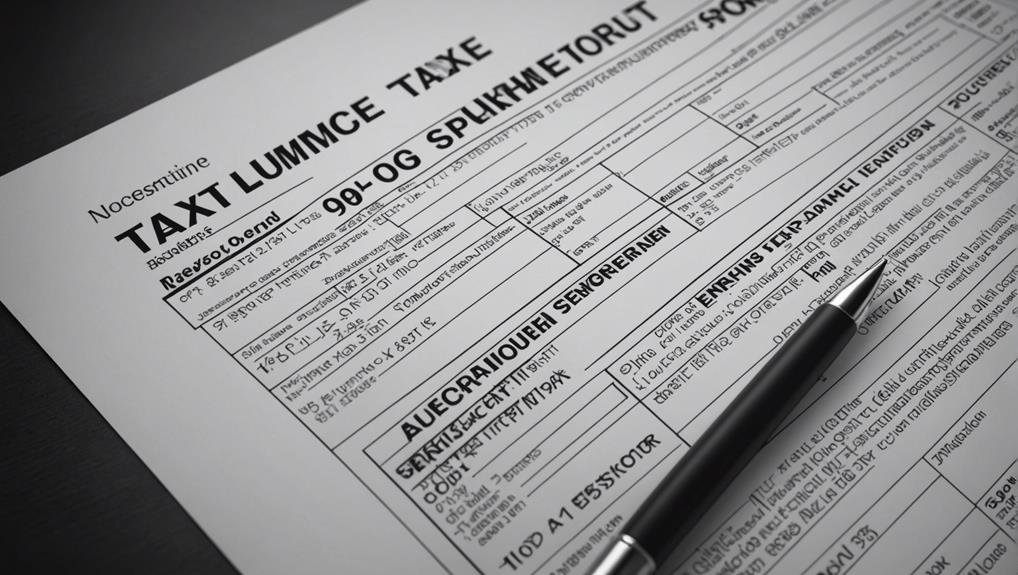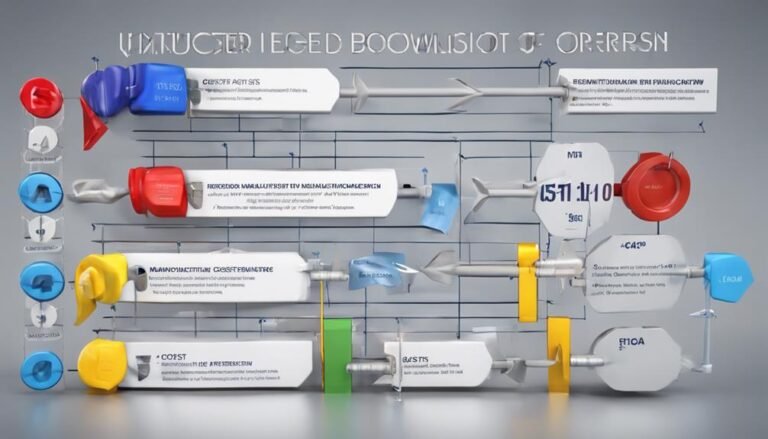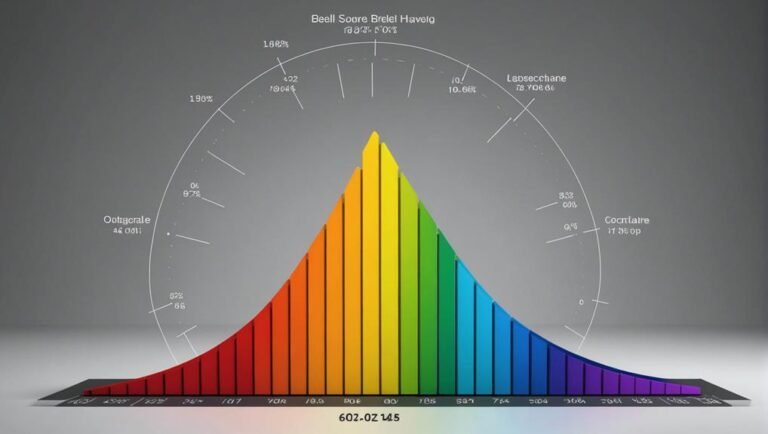Tax Form 1120-S: Reporting for S Corps
Understanding the reporting requirements for S Corporations on Tax Form 1120-S is essential for IRS compliance. Shareholder distributions impact tax liability, so accurate reporting is necessary to maintain transparency. Income and deductions must be properly outlined to determine profit distribution. Schedule K-1 guidelines should be strictly followed for accurate reporting. Meeting filing deadlines is important, with electronic submission being efficient. IRS guidance emphasizes compliance with regulations on allocations and taxation. Mastering these aspects ensures accurate reporting and compliance with tax laws. Explore further details to enhance your understanding and ensure seamless tax filing for S Corps.
Key Takeaways
- Understand income allocation for profit distribution.
- Accurately report financial transactions for compliance.
- Follow Schedule K-1 guidelines for shareholder details.
- Meet filing deadlines and utilize electronic submission.
- Adhere to IRS guidelines for proper taxation.
Form 1120-S Filing Requirements
The Form 1120-S filing requirements encompass the necessary documentation and procedures for S corporations to accurately report their financial activities to the Internal Revenue Service (IRS).
Shareholder distributions and tax liability are critical components that S corporations must address when filing Form 1120-S. Shareholder distributions represent the disbursement of profits to individuals who hold ownership in the S corporation, impacting their tax obligations.
Understanding the tax liability associated with these distributions is essential for both the corporation and its shareholders to comply with IRS regulations. Properly reporting these distributions and associated tax liabilities guarantees transparency and adherence to tax laws, reducing the risk of penalties or audits by the IRS.
Reporting Income and Deductions
When reporting income and deductions for Form 1120-S, S corporations must carefully outline their financial transactions to guarantee accurate tax filings. Income allocation is an important aspect for S corporations, as it determines the distribution of profits and losses among shareholders. Properly allocating income ensures that each shareholder is taxed accordingly based on their share of the company.
Additionally, understanding the tax implications of income and deductions is essential to comply with IRS regulations. S corporations need to take into account how different financial transactions impact their tax liabilities and ensure that all deductions are legitimate and supported by appropriate documentation.
Schedule K-1 Preparation Guidelines
For accurate reporting of individual shareholder profit/loss distributions in S corporations, adherence to Schedule K-1 preparation guidelines is essential. Schedule K-1 plays a critical role in detailing each shareholder's allocated share of the corporation's income, deductions, credits, and losses.
When preparing Schedule K-1, it is important to accurately calculate and allocate these items based on each shareholder's ownership percentage in the S corporation. Shareholder allocations should reflect changes in ownership throughout the tax year to guarantee proper distribution of profits and losses.
Following the Schedule K-1 distribution guidelines meticulously will help maintain transparency and compliance with IRS regulations, providing shareholders with the necessary information for their individual tax filings.
Filing Deadlines and Process
A thorough understanding of the filing deadlines and process is essential for S corporations to guarantee timely submission of Form 1120-S to the IRS. Electronic submission benefits S corporations by providing a quicker and more efficient method of filing, reducing the risk of delays compared to traditional mail submission.
Tax preparer assistance can also be invaluable in ensuring that Form 1120-S is accurately completed and submitted on time. Professional tax preparers have the expertise to navigate the complexities of tax forms and can help S corporations meet their filing obligations promptly.
Leveraging electronic submission benefits and seeking tax preparer assistance are strategic approaches that S corporations can adopt to streamline their filing processes and adhere to IRS deadlines effectively.
IRS Guidance for S Corporations
The Internal Revenue Service (IRS) offers detailed guidance for S corporations regarding taxation, reporting requirements, and compliance obligations. S corporations must adhere to IRS regulations when reporting income, gains, losses, credits, and deductions on Form 1120-S.
Shareholder allocations are vital, as changes in ownership percentages directly impact profit and loss calculations. The IRS utilizes Form 1120-S to allocate profits and losses to individual shareholders accurately.
Understanding and complying with IRS guidelines is essential for S corporations to maintain proper tax reporting and ensure regulatory compliance. By following IRS regulations meticulously, S corporations can fulfill their reporting obligations, allocate income correctly, and mitigate the risk of non-compliance penalties.
Conclusion
To sum up, mastering the intricacies of Form 1120-S is crucial for S corporations to navigate the complexities of corporate taxation.
While the process may seem challenging, adherence to the filing requirements and meticulous reporting of income and deductions are essential for compliance.
By following the guidelines for Schedule K-1 preparation and meeting filing deadlines, S corporations can optimize their tax strategies and guarantee smooth IRS interactions.
Embracing these practices is key to financial success and regulatory adherence in the corporate domain.







